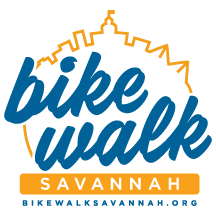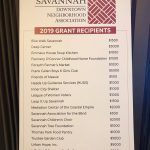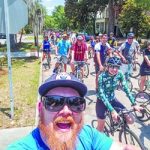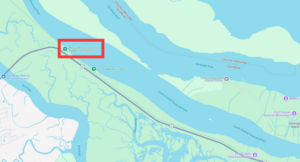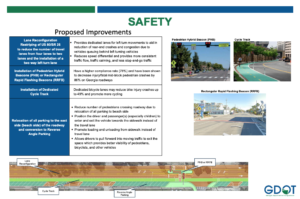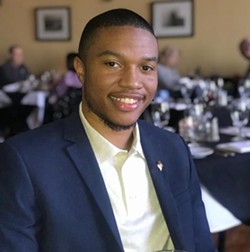
Cycling and diversity: The larger context by John Bennett was originally published in Connect Savannah on May 29, 2019.
IF YOU want to encourage and empower people to become more physically active and improve the health of entire neighborhoods, Armand Turner is your man.
“You really have to figure out what people enjoy doing already and then give them the opportunity and tools to do it more consistently,” he said.
It’s an approach he first learned as a summer camp counselor in Indiana and later working as the head of the recreation and intramural sports department of Albany State University.
Today Turner is managing the physical activity component of a $3.4 million Centers for Disease Control grant awarded to Healthy Savannah through the YMCA of Coastal Georgia. The funding from the CDC’s Division of Nutrition, Physical Activity, and Obesity is aimed at reducing health disparities among racial and ethnic populations with the highest burden of chronic disease using culturally tailored interventions to address preventable risk behaviors. Savannah is one of 31 communities nationwide to receive a Racial and Ethnic Approaches to Community Health grant.
Healthy Savannah will use the funding to reduce health disparities among African American and Hispanic/Latino Americans in low income areas of Chatham County by improving access to healthy food and opportunities for physical activity, and creating more effective links between people in need and the clinical service providers and organizations that can help.
Turner sees the REACH grant fitting into a larger context.
“It seems as if a lot of things are lining up for Savannah to be one of the healthiest cities in the South, between the coalition of health organizations looking to deconstruct old habits of unhealthy living to opportunities to make healthier choices easier for citizens through the new zoning ordinance. Savannah has the chance to flip the switch and it’s sitting right in front of us,” he said.
In order to flip that switch, especially when it comes to encouraging physical activity, barriers must be overcome.
“In the hierarchy of ‘reasons not to do anything,’ personal safety will always be at the top,” he said. “No one wants to ride a bike if they think they’re more likely to get in an accident, than to get where they’re going.”
Turner said improving safety is key to encouraging people to bike and walk for recreation and transportation.
